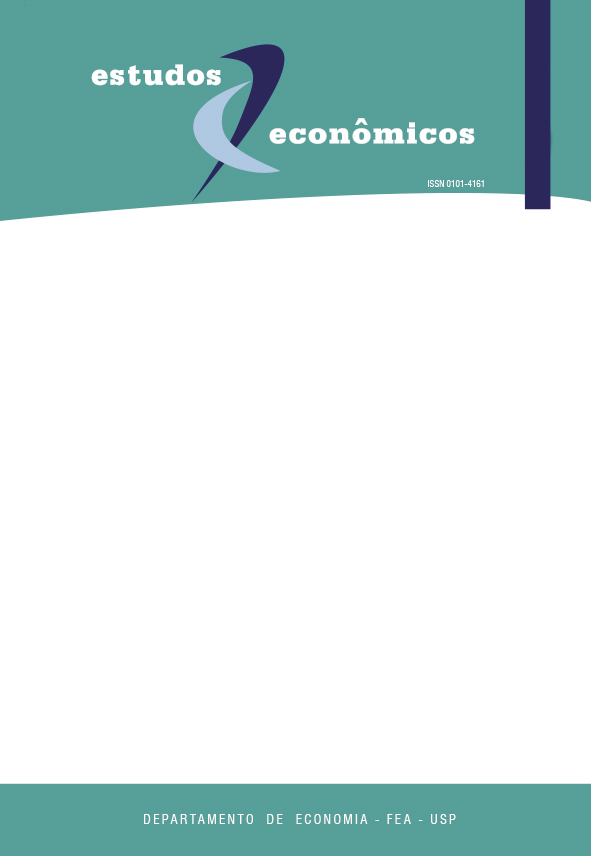Modelos de crescimento de inspiração keynesiana: uma apreciação
Keywords:
economic growth, endogenous growth, capital theory, functional distribution of income, Cambridge School, microeconomic foundations of macroeconomicsAbstract
Even with the rekindling of interest in conducting theoretical and empirical research on economic growth, the contributions to this topic which are Keynesian in nature have not received sufficient attention. In the present article, we fill in this gap by means of a critical assessment of such contributions, especially those generated by the so-called “Cambridge School”. The main features of this strand are analysed vis-à-vis the those of the so-called New Growth Theory, advanced by Romer, Lucas, Barro and others. The main shortcomings usually ascribed to the models of Keynesian origin are then discussed, including the absence of microeconomic foundations, inadequate treatment of expectations, and an excessive emphasis on aggregate demand in detriment to the supply side. Although the validity of some such crticisms is duly acknowledged, this article suggests that the Keynesian strand has enough contributions to justify serious attention from researchers and policymakers as well as a greater integration of its research agenda with that of the non-Keynesian ones.
Downloads
Downloads
Published
Issue
Section
License
Copyright (c) 1998 Jorge Thompson Araujo

This work is licensed under a Creative Commons Attribution-NonCommercial 4.0 International License.
By submitting an article, the author authorizes its publication and attests that it has not been submitted to any other journal. The original article is considered final. Articles selected for publication are proofread for grammatical and orthographic errors. The journal does not pay rights for published articles. The Institute of Economic Research from the School of Economics, Business and Accounting of the University of São Paulo (Instituto de Pesquisas Econômicas da Faculdade de Economia, Administração e Contabilidade da Universidade de São Paulo) owns the journal's copyright.




